Herd keepers in NI that retain animals which are persistently infected (PI) with bovine viral diarrhoea (BVD) could face movement restrictions on all cattle next year.
DAERA’s annual report was published last week and states that officials are working with industry stakeholders to develop new legislation to help eradicate BVD.
“It is anticipated that a second BVD order will be made in 2019,” the report reads.
According to Animal Health and Welfare NI chief executive Sam Strain, discussions have been focussed on adopting measures which have been rolled out in the Republic of Ireland (ROI), including closing up herds with retained PI animals.
“The detail is still being worked through, but the direction of travel is to become more aligned with what is currently in place in ROI,” he said.
Restrictions on all cattle moving into and out of herds that retain PI animals for more than five weeks after an initial BVD test, are automatically imposed in ROI.
Other measures include compulsory veterinary investigation of all herds with positive BVD cases and compensation for the removal of PI calves. Up to €185 is available for beef bred calves, with €150 for dairy heifers and €30 for dairy bulls.
Closing up herds that retain PI animals in NI is something that the
Ulster Farmers’ Union has been publicly calling on DAERA to introduce since January 2017.
However, DAERA had been keen to leave BVD eradication as an industry-led initiative.
This in turn led meat processors in NI to implement a ban on PI cattle being slaughtered in factories from 1 May 2018. With PI animals unable to move to farms or marts since the first BVD order in March 2016, it means there is no economic outlet for PI cattle.
However, Sam Strain from Animal Health and Welfare NI said that there remains around 1,000 PI animals on NI farms at present. This has led to the new discussions between DAERA and industry stakeholders.
Strain said that a minister will need to be in place at DAERA for the proposals to become law.
“We are keen to have everything agreed with the department so that it is ready to land in front of a minister and hopefully be approved,” he said.
The most recent figures indicate that the percentage of calves testing positive for BVD in NI has reduced slightly to 0.55% in the 12-months to July 2018.
PI animals remain a significant source of infection for host herds and neighbouring farms, and veterinary advice is to cull them at the earliest opportunity.
Read more
BVD PI numbers down 27% in NI
Untested BVD cattle slipping through the net in NI
Herd keepers in NI that retain animals which are persistently infected (PI) with bovine viral diarrhoea (BVD) could face movement restrictions on all cattle next year.
DAERA’s annual report was published last week and states that officials are working with industry stakeholders to develop new legislation to help eradicate BVD.
“It is anticipated that a second BVD order will be made in 2019,” the report reads.
According to Animal Health and Welfare NI chief executive Sam Strain, discussions have been focussed on adopting measures which have been rolled out in the Republic of Ireland (ROI), including closing up herds with retained PI animals.
“The detail is still being worked through, but the direction of travel is to become more aligned with what is currently in place in ROI,” he said.
Restrictions on all cattle moving into and out of herds that retain PI animals for more than five weeks after an initial BVD test, are automatically imposed in ROI.
Other measures include compulsory veterinary investigation of all herds with positive BVD cases and compensation for the removal of PI calves. Up to €185 is available for beef bred calves, with €150 for dairy heifers and €30 for dairy bulls.
Closing up herds that retain PI animals in NI is something that the
Ulster Farmers’ Union has been publicly calling on DAERA to introduce since January 2017.
However, DAERA had been keen to leave BVD eradication as an industry-led initiative.
This in turn led meat processors in NI to implement a ban on PI cattle being slaughtered in factories from 1 May 2018. With PI animals unable to move to farms or marts since the first BVD order in March 2016, it means there is no economic outlet for PI cattle.
However, Sam Strain from Animal Health and Welfare NI said that there remains around 1,000 PI animals on NI farms at present. This has led to the new discussions between DAERA and industry stakeholders.
Strain said that a minister will need to be in place at DAERA for the proposals to become law.
“We are keen to have everything agreed with the department so that it is ready to land in front of a minister and hopefully be approved,” he said.
The most recent figures indicate that the percentage of calves testing positive for BVD in NI has reduced slightly to 0.55% in the 12-months to July 2018.
PI animals remain a significant source of infection for host herds and neighbouring farms, and veterinary advice is to cull them at the earliest opportunity.
Read more
BVD PI numbers down 27% in NI
Untested BVD cattle slipping through the net in NI



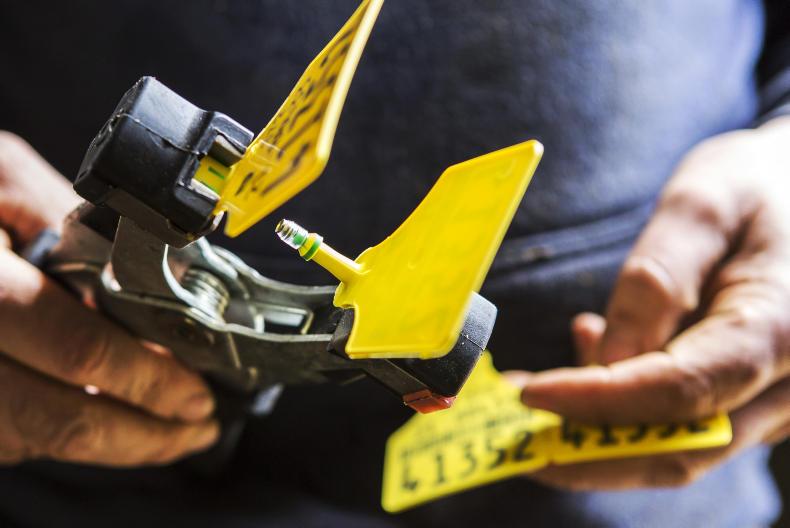

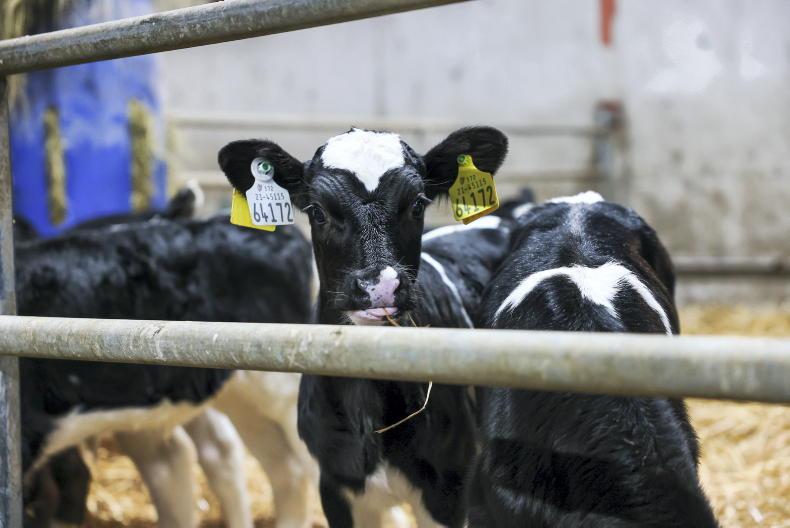

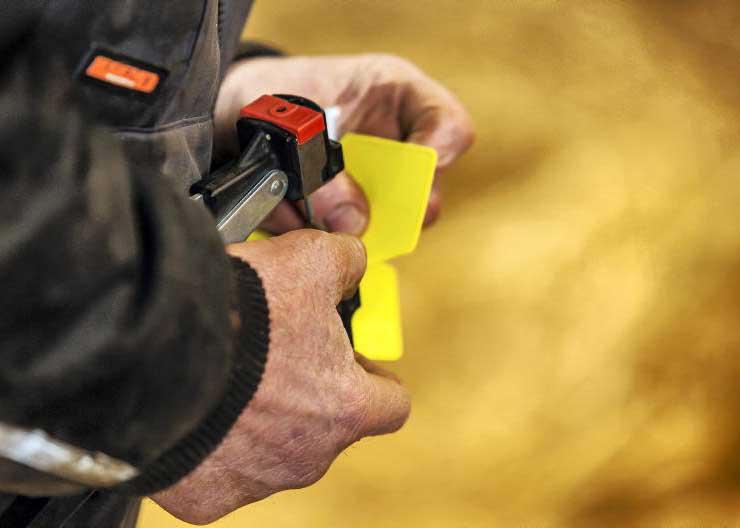
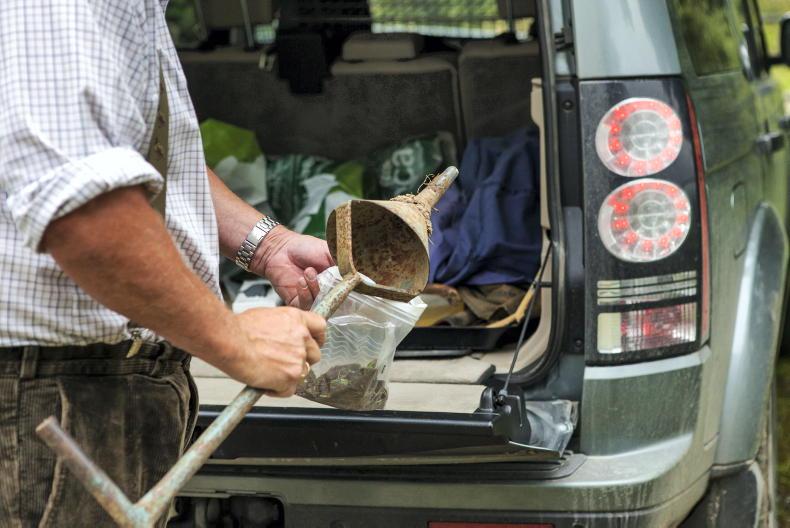
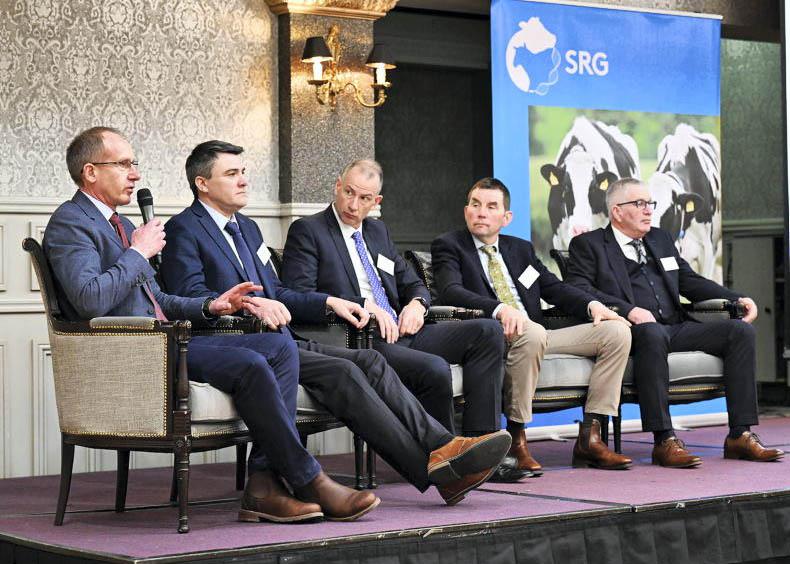
SHARING OPTIONS